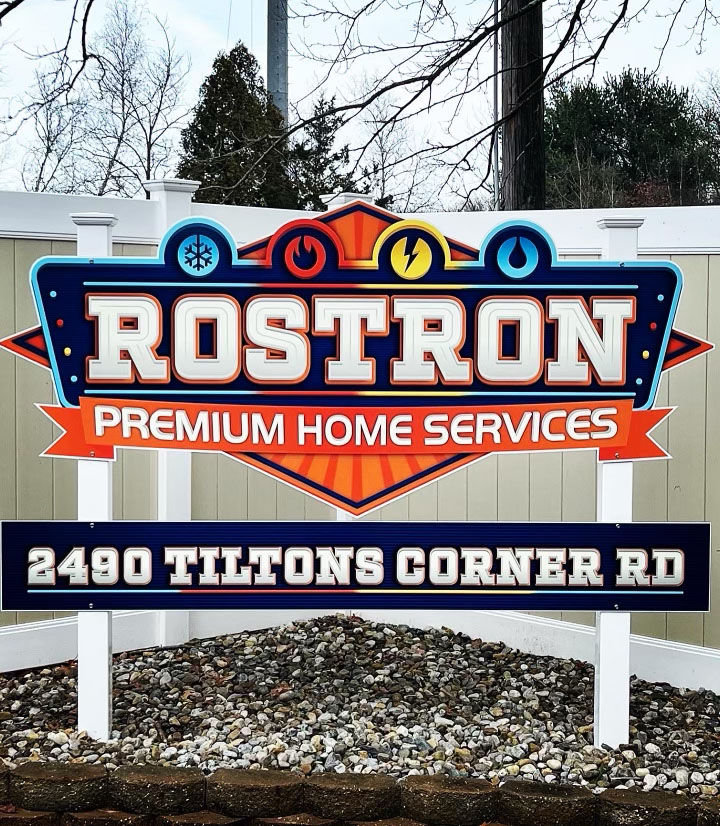
August 27, 2015
Even though summer may soon be coming to a close, it’s no secret that the hot temperatures are continuing on. Now is the time for homeowners in Monmouth and Ocean Counties to start thinking about improving their home’s efficiency (or home performance) as the fall approaches, and one of the best ways to kick things off is to take a look at your home’s indoor air quality (IAQ). IAQ often gets overlooked because many homeowners simply don’t know what to look for, but the dangers associated with living in a home where air quality isn’t up to par should never be ignored.
Signs of Poor Indoor Air Quality
Poor IAQ can easily fall below the radar because it isn’t always possible to tell whether or not there’s a problem. Sometimes, however, certain health symptoms can point to issues related to indoor air quality. Many homeowners experience particular symptoms while in their homes that are indicators of deficient indoor air quality. These include (but aren’t limited to) the following:
- Headache
- Sore throat
- Coughing
- Dizziness
- Nausea
- Sneezing
- Red, dry eyes
While it’s true that common seasonal allergies can cause symptoms such as those listed above, it’s important to have your home’s air quality tested if you or any member of your family is being affected. More often than not, indoor air quality issues are caused by common home performance problems, all of which can be fixed if properly addressed.
Factors Related to Poor Indoor Air Quality
If air quality issues are getting you down, the first step to fixing the problem is to figure out what’s causing it. Common factors include:
- Thin, old, or dirty insulation
- Improper air sealing
- Dirty ductwork harboring mold, dust, and debris
- Dirty filters on your air conditioner
Getting to the root of the problem isn’t always easy—especially when homeowners attempt to do it on their own. Unfortunately, indoor air quality will never improve on its own, and taking the wrong steps may lead to it getting even worse. The most effective way to deal with IAQ issues is to schedule a home energy audit with our team of Tom Rostron professionals.
Why Schedule a Home Energy Audit?
An home energy audit is like a visit to the doctor, except it’s not for you, but for your home. We’ll determine exactly what’s causing air quality issues and look at other elements of your home performance, including air sealing and insulation. From there, we’ll determine the best course of action and come up with a plan to improve your home’s efficiency that fits your budget and needs.



